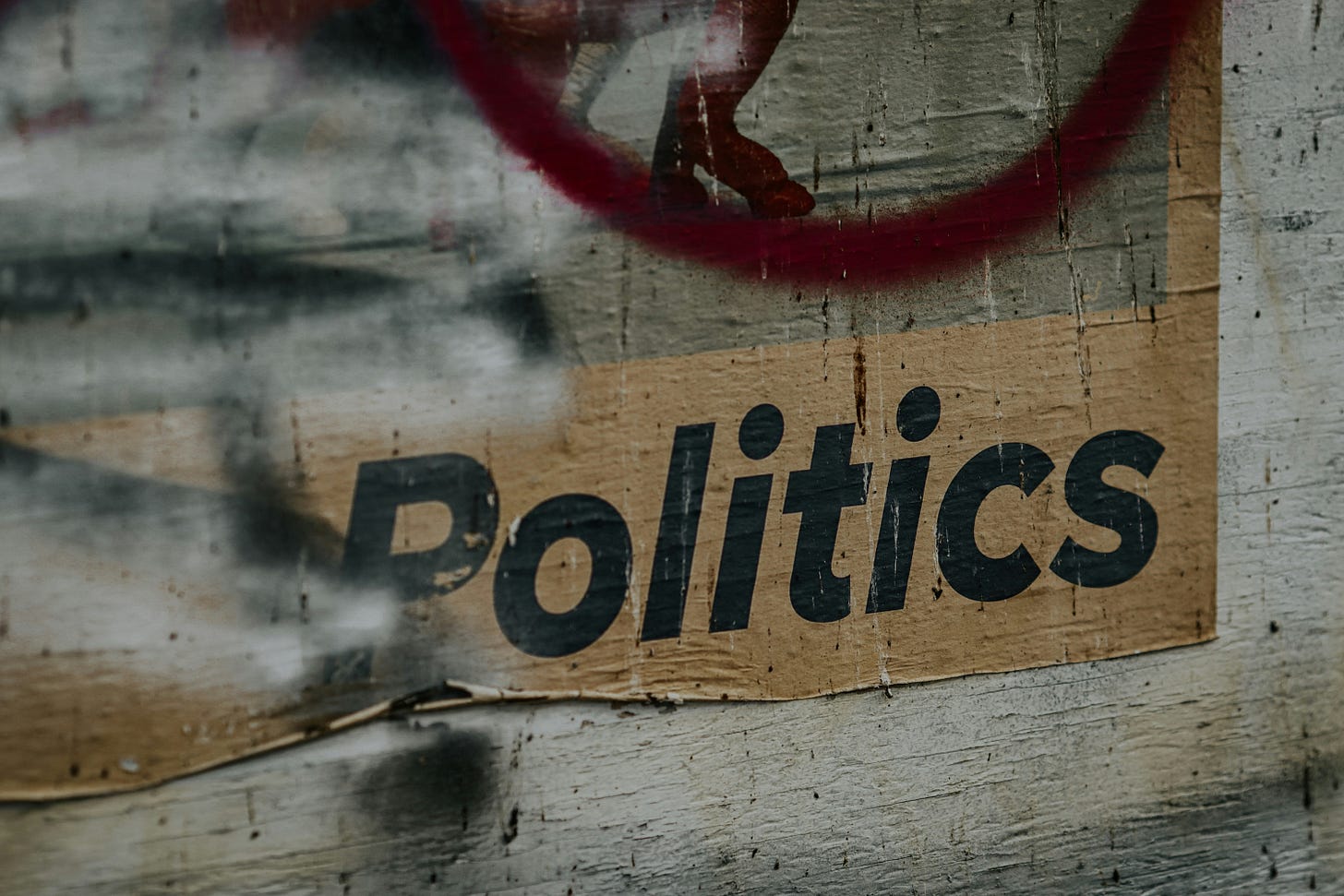If you’re anything like me, the phrase “vibe shift” probably makes you wince. But if we can overcome our embarrassment at this millennial coinage, we might start to see that it’s diagnosing something real—however imprecisely. A strange reconfiguration is underway in contemporary conservative discourse. From the backlash to Assassin’s Creed: Shadows to the outrage over Disney’s latest Snow White remake, and Netflix’s global hit drama Adolescence, right-wing pundits are increasingly adopting rhetoric that recalls a key concern of progressive politics: representation. It’s a selective kind of representation, though, one that flatters their worldview and affirms traditional norms.
Adolescence has been denounced as a grotesque misrepresentation of reality because it tells the story of a white teenage boy who murders a girl after being radicalised online, immersed in the manosphere, and drip-fed retrograde attitudes towards women. These objections are rarely about storytelling, form, or structure, though. Instead, they focus on the perceived political implications: that the show paints white boys as villains and panders to a liberal worldview. (Never mind that there exist real-life examples of precisely this scenario.)
Similarly, the Snow White reboot has been attacked for straying too far from its source material (a two-hundred-year-old fairytale). Critics—both armchair and professional—have objected to the lack of real dwarves, the diverse casting, and the lead actress’s comments that the original film is “extremely dated”.
The complaints levelled at the new instalment of Assassin’s Creed—which features a Black samurai and the option to pursue same-sex relationships—follow the same pattern. The critique isn’t about gameplay or historical accuracy so much as a visceral discomfort with difference or novelty.
Are we really supposed to believe that grown men would be flocking to see Snow White if only it were more faithful to the 1937 cartoon? Of course not. This is confected outrage, a pose struck to justify ferocious backlash. The same applies to Assassin’s Creed. Do the loudest critics really think straight romances are going to be scrubbed from video games going forward? That there's some secret plot to turn every prestige game title into a gender studies seminar? Can they truly not grasp that, perhaps, gay fans might have long felt excluded by the near-total absence of same-sex relationships in mainstream gaming? And if they can’t, then fine. But why should anyone care now that they feel excluded? If inclusion is a zero-sum game, then say so. If you believe your place at the centre of culture is being unjustly dislodged, then don’t hide behind complaints about “authenticity” or “accuracy.” Just say what you mean. Don’t be oblique.
There’s some truth to the idea that decades of identity-based advocacy from the left has produced an identitarian backlash on the right. For decades, marginalised groups have agitated for visibility and now their objectives—recognition, inclusion, redress—have been co-opted by those who once derided them. Conservatives are no longer resisting the language of identity politics; they’re hastily learning and adopting it, reshaping it to suit their own feelings of grievance. They claim their cultural identity is under attack and demand representation on their own terms. The irony, of course, is that these are the very strategies they once dismissed as narcissistic and petty.
It’s tempting to write this off as trolling and cynicism—an attempt to weaponise the left’s rhetoric against itself. And no doubt, for some, it is. But that doesn’t explain the depth of reaction, or the consistency with which it’s being voiced. There’s something more instinctive going on: a shift in how cultural legitimacy is asserted. Where once the conservative posture was one of contempt and dismissal, it’s now one of exquisite fragility. The edgy jokes have been supplanted by whiny paranoia. Every casting decision, every storyline, every anodyne celebrity pull-quote has become a site of contestation. The battleground is representation itself.
There’s no doubt that left-wing excess has been profoundly irritating and sanctimonious in recent years—the language policing, the hyper-vigilance around phraseology, the reflexive outrage. As Thomas Chatterton Williams puts it in The Atlantic, “this was often a nuisance and sometimes a trap, causing the perpetual sense that one might inadvertently offend and consequently self-destruct.” But to mistake imitation for repudiation is juvenile in the extreme.
Victory is often destabilising and intrepid culture warriors on the right are flailing in the wake of Donald Trump’s return to the White House because their denunciations of political correctness and cultural engineering were merely tactical—rhetorical ornaments when their side felt disenfranchised. “What is most striking about this dismal back-and-forth,” Williams writes, “is how well it demonstrates that the illiberal impulse to dictate what can and cannot be said is always fundamentally the same, whether it appears on the right or the left.” The lack of principles is galling, but this was always a skirmish, an exercise in one-upmanship.
This isn’t about being opposed to identity politics but wanting to control it. The right is becoming fluent in its vernacular. What we’re witnessing is not a rejection of the idea that culture shapes values, it’s an attempt to shift the direction of travel. An acknowledgment that culture is too important to be left to the other side. Beneath the heckling and tribalism is much more consensus than either party is comfortable with. And that, more than anything, explains the outrage. Because once you accept that representation in media and entertainment has a political valence, the question becomes: whose representation, and at whose expense?


